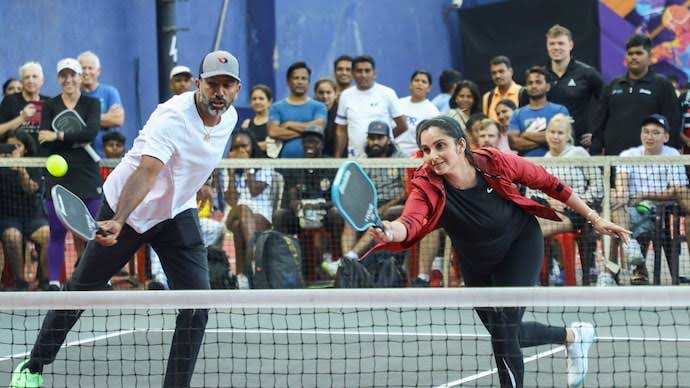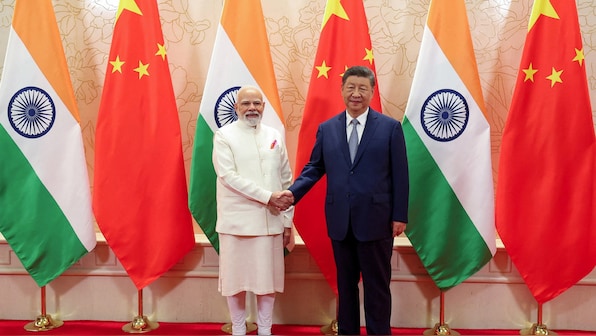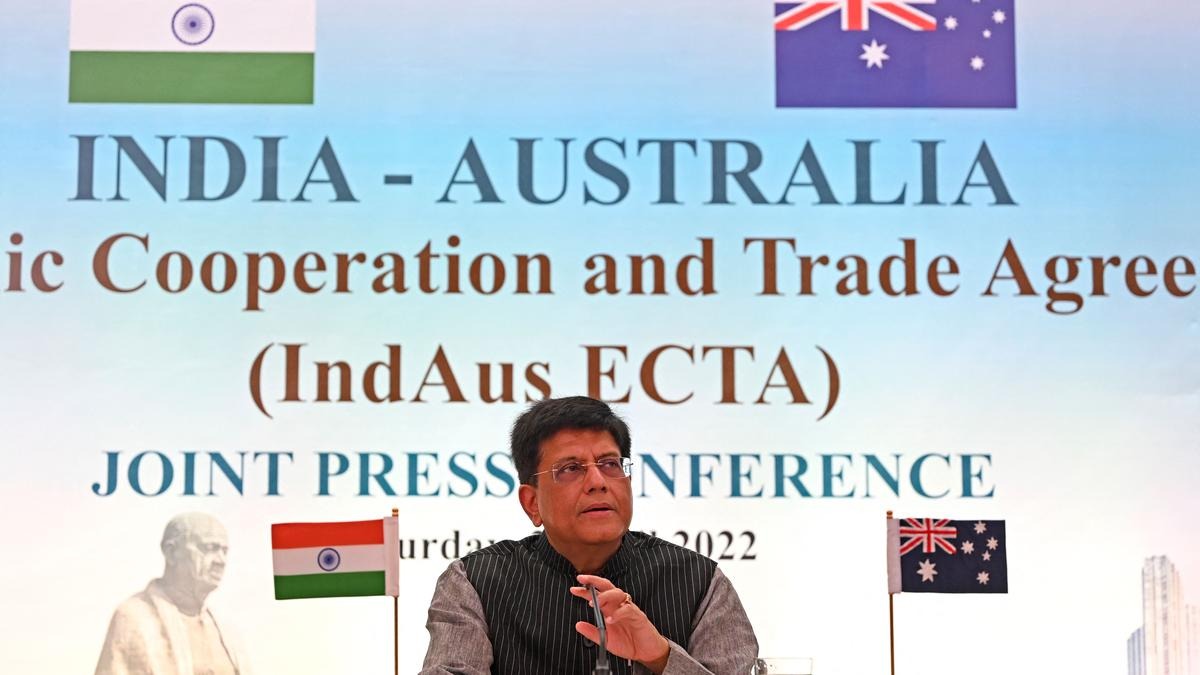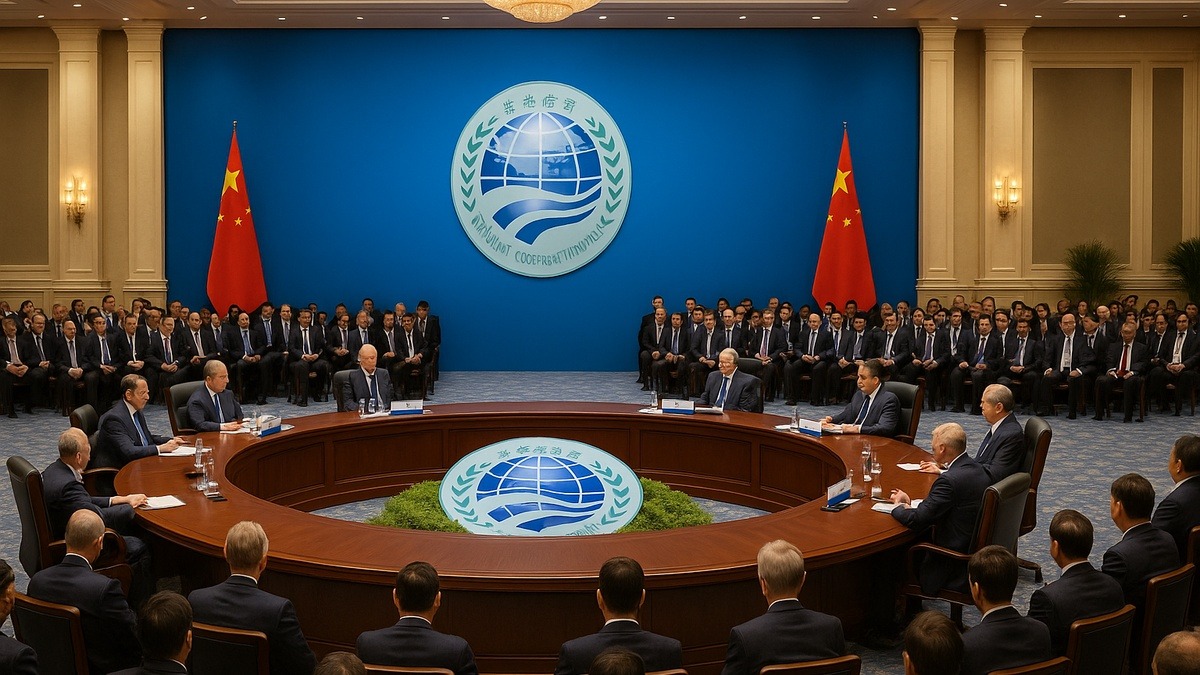 Image Source: India Today
Image Source: India Today
India's pickleball scene is experiencing extraordinary growth, marked by a surge in popularity and infrastructure that is reshaping the country's sports culture. The sport's rapid rise is reflected in a 26 percent compound annual growth rate (CAGR), driven by a remarkable expansion of courts, players, and commercial interest. This newsletter explores the key facets of this ongoing pickleball revolution in India, shedding light on the dynamics behind this trend, its future prospects, and the ecosystem building around it.
Key highlights of India's pickleball boom
-
Court Expansion: The number of operational pickleball courts in India skyrocketed from merely 200 in early 2024 to over 1,200 by 2025. This massive scale-up supports the growing demand and is occurring across major metro cities like Mumbai, Bengaluru, Delhi, Hyderabad, Ahmedabad, and Surat, as well as smaller towns.
-
Player Growth: Active players in India have multiplied significantly, with estimates reaching over 70,000 competing players in 2025, marking a growth rate of approximately 300% over the past two years. The player base is projected to hit 1 million by 2028, a staggering increase that points to the sport’s widespread acceptance.
-
Market Economics: The Indian pickleball market is growing at an impressive CAGR of 26%, outpacing global growth averages. This growth encompasses not only participation but also ancillary markets like equipment sales, including paddles, balls, apparel, and accessories, reflecting a robust economic ecosystem forming around the sport.
-
Organized Development: The All India Pickleball Association (AIPA), founded in 2008 and affiliated with the International Pickleball Federation, spearheads the sport’s professional framework. Hosting events like the World Pickleball Championship in Mumbai (November 2024) has increased visibility and prestige, accelerating growth.
Growth drivers and ecosystem development
-
Infrastructure Investment Increasing court infrastructure is pivotal to sustaining pickleball’s upward trajectory in India. Public-private partnerships and investments from organizations such as KheloMore Sports are fueling this expansion, targeting over 100 state-of-the-art courts in Tier 2 and Tier 3 cities within two years. This focus on grassroots development supports accessibility beyond metro areas.
-
Commercial Boom: Ancillary businesses are capitalizing on pickleball’s expansion. Manufacturers of paddles, balls, and related gear see surging demand, while startup ventures offer equipment rental services outside courts to lower barriers for newcomers. Additionally, evolving technology platforms and apps are emerging to facilitate court bookings, player matchmaking, coaching, and league management.
-
Social and Cultural Appeal: The sport's appeal spans generations and demographics. Pickleball’s low-impact, easy-to-learn nature attracts seniors, young adults, and families, making it inclusive and socially engaging. Its doubles format encourages community interaction, making it more than just a sport — it is becoming a vibrant social activity embraced in urban and smaller-town India.
Achievements and future outlook
-
International Success: Indian players have begun making their marks at international competitions, such as the Bainbridge Cup, positioning India as a serious contender in the global pickleball community.
-
Professional Leagues: Plans for a professional global pickleball league in India with six franchises combining domestic and international stars reflect ambitions for growth, commercial sponsorship, and increased media attention.
-
Olympic Aspirations: The sport’s rising profile has sparked discussions about inclusion in future Olympics, potentially as early as 2032 or 2036, which would boost India’s prospects on a global stage.
Summing up
India’s pickleball surge is a remarkable narrative of rapid adoption, strategic development, and cultural integration. The sport’s 26% CAGR showcases a formidable growth phase, transforming pickleball from a niche pastime into a mainstream sport with a robust economic and social ecosystem. With continued investment in infrastructure, organized play, and grassroots promotion, pickleball is poised to become an enduring and significant feature of India's sporting identity.
Source: Inshorts, The CapTable, Finshots, Times Now News
Advertisement
Advertisement






